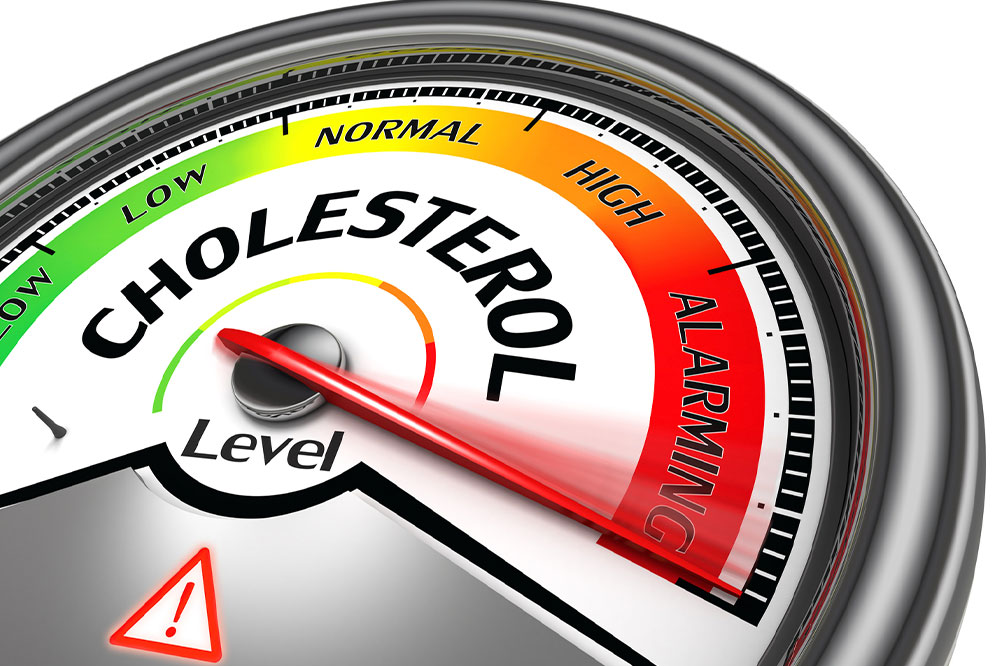Key Strategies for Monitoring and Managing Cholesterol Levels
Learn how to effectively monitor and manage your cholesterol levels through lifestyle choices, regular testing, and understanding cholesterol's role in your health. This guide emphasizes the importance of maintaining a balanced diet, staying active, and routine check-ups to prevent heart disease and promote wellness. Suitable for all adults, especially those at increased risk, it provides essential tips for long-term health management.

Key Strategies for Monitoring and Managing Cholesterol Levels
Cholesterol is often misunderstood but plays a vital role in our health. While high levels are linked to heart disease and strokes, managing it is manageable through simple lifestyle changes. Maintaining a balanced diet and staying active help control cholesterol effectively. Regular health screenings and understanding your cholesterol profile are crucial steps to prevent serious health issues and promote overall wellbeing. Managing cholesterol is a long-term commitment that benefits your health for years to come.
Consistent cholesterol management requires lifelong effort, especially for those at higher risk. Knowing what cholesterol is and how lifestyle choices influence its levels enables you to adopt healthier habits. What is cholesterol? Cholesterol is a fatty substance found in all humans, essential for cell structure and hormone production. It exists in two forms: produced by the body (mainly the liver) and obtained through food. Excess cholesterol can clog arteries, increasing the risk of heart attacks. While body-produced cholesterol is less controllable, dietary intake can be managed with awareness and regular testing.
How can you assess your cholesterol levels? Individuals over 20 should have cholesterol testing at least every five years, especially if there’s a family history of heart issues or high cholesterol, or if they smoke. The lipid panel blood test measures total cholesterol, LDL (bad cholesterol), HDL (good cholesterol), and triglycerides. Interpreting these results helps healthcare providers customize prevention and treatment plans.
Factors affecting cholesterol levels Diet, particularly saturated fats, plays a significant role. Maintaining a healthy weight is important, as obesity raises cholesterol levels. A sedentary lifestyle reduces fat burning, leading to higher cholesterol. Regular exercise and a nutritious diet are effective in keeping cholesterol within healthy limits.
In conclusion, some cholesterol is necessary, but excess can be harmful. Regular testing and informed lifestyle choices are essential to safeguarding your heart and overall health.


